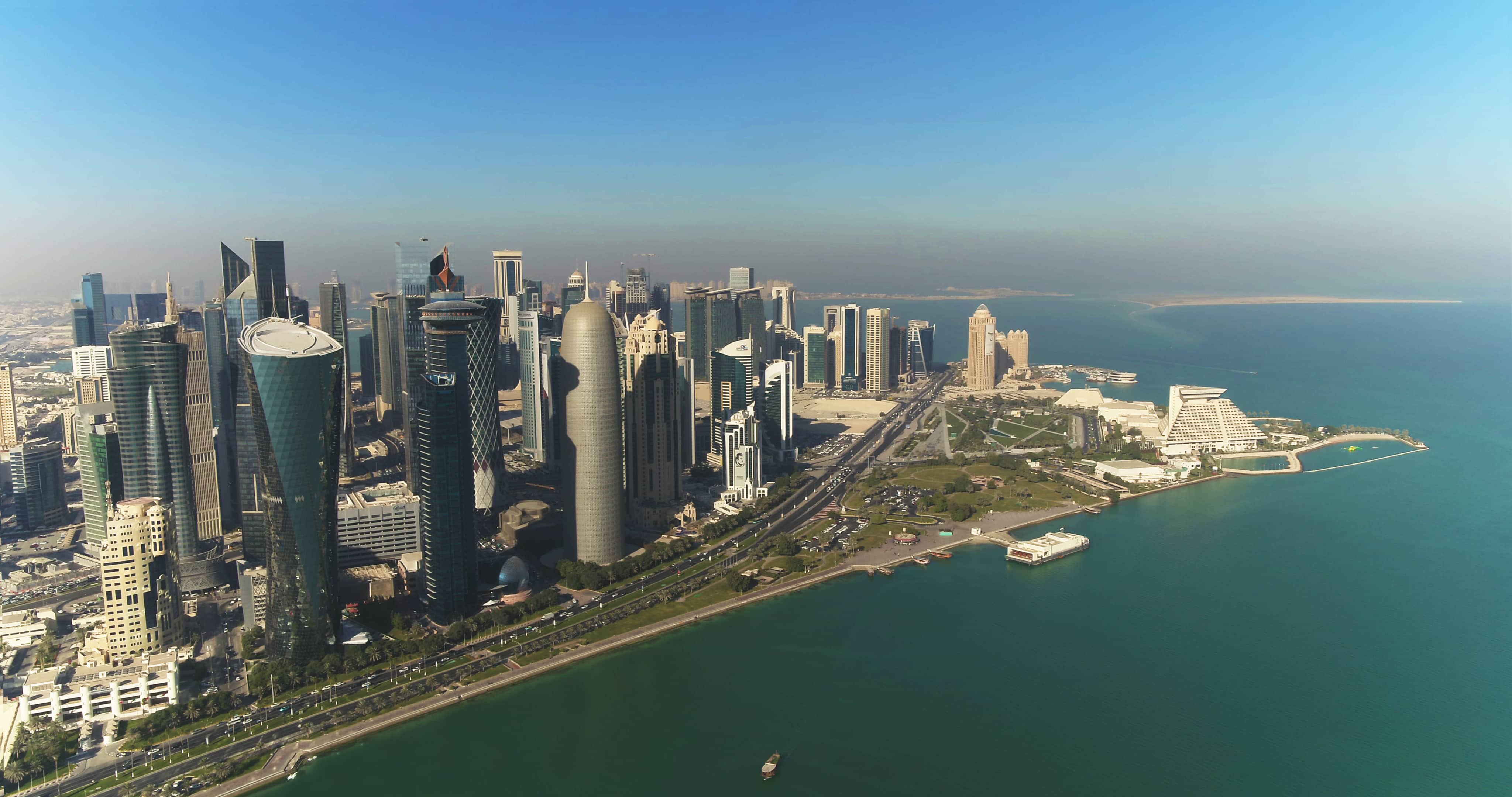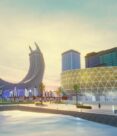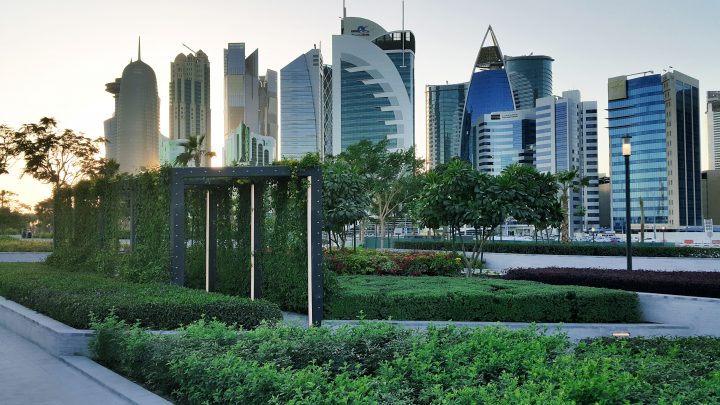June 2017
A roadmap for Qatar’s future
Few countries have experienced such a dramatic transformation over the past century as Qatar. Once an unknown pearl on the Arabian Peninsula, Qatar has undergone a period of rapid growth and development. Today, Qatar is at a crossroads. Its substantial wealth presents immense opportunities, and also equips it to address some of the future’s most pressing challenges.
Qatar has been blessed with a wealth of natural resources, but we have long recognised the need to build a diverse and sustainable economy, one that is based on knowledge, not carbon fuels. That is why, in October 2008, we launched our Qatar National Vision 2030 (QNV 2030).
QNV 2030’s aim is simple: to “transform Qatar into an advanced country by 2030, capable of sustaining its own development and providing for a high standard of living for all its people for generations to come.” It seeks to build a bridge between the present and the future, and provide a roadmap for successful and sustainable development.
Four pillars underpin this vision: human, social, economic, and environmental.
Human: Qatar recognises that its future success will depend on its citizens. That is why Qatar is establishing modern, world-class education, and health systems. These investments aim to unlock the potential of the next generation of Qatari men and women so they have the skills and knowledge they will need to prosper in the century ahead.
Social: Qatar’s vision is to build a safe, stable, and more equal society. The State will promote tolerance, openness, and humanitarianism, celebrate its national and artistic heritage, and will also seek to empower women to participate fully in the political and economic spheres. At the global level, Qatar will seek to increase international cooperation, and work with its allies to celebrate and enhance religious and cultural exchange and coexistence.
Economic: Qatar’s aims are threefold. First, it will ensure sound economic management to create an attractive business climate. Second, it will ensure that it responsibly exploits its hydrocarbon resources, so that “future generations inherit ample means to meet their aspirations.” Third, Qatar will spearhead a transition towards a knowledge-based economy to remain competitive for generations to come.
Environmental: Finally, Qatar seeks to strike a balance between meeting its development needs and protecting the environment. To do this, the State will build institutions and a legal system that will preserve and protect the environment. This will be underpinned by sustainable policies for urban and infrastructure development. Qatar’s national development plan is more than just a vision. It is the roadmap to guide the country towards a prosperous and sustainable future.






